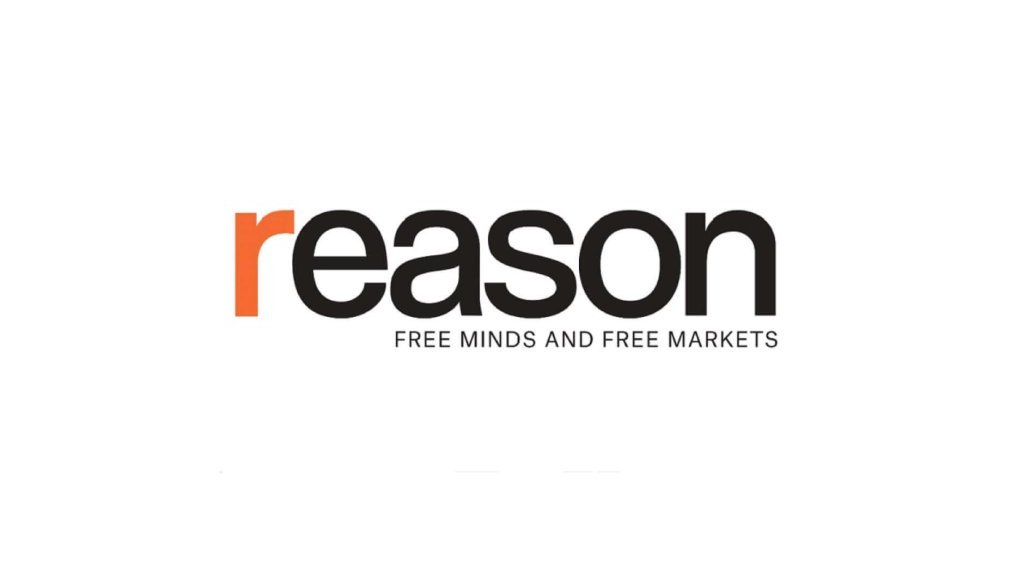Life, Liberty, and the Right To Shitpost
Expression has never been more convenient. Censorship has never been easier.
From research papers on arXiv to mukbang videos on YouTube, digital content is easily accessible to anyone with an internet connection. Meanwhile, authoritarian regimes, enterprising bureaucrats, and the self-appointed speech police work to hide heretical ideas and shape information flows.
Expressive freedom is foundational to America. Our forefathers were experts at writing scandalous articles, drawing salacious cartoons, and distributing satirical pamphlets. Some of this was done with their real names, but many preferred anonymity. Thomas Paine, Benjamin Franklin, and Alexander Hamilton were some of the original anonymous shitposters.
People always bemoan advances in technology, usually claiming that each new medium creates problems requiring the state to step in and protect incumbents. Generative AI is such a technological advance, and many are working to tame its expressive potential. Limiting AI would mean accepting a more sanitized and controlled world, as well as capitulating on America’s value of expressive freedom.
Efforts to homogenize or hinder generative AI’s development or to constrain it must be opposed. Americans must defend their right to shitpost.
Generative AI’s Promise and Peril
Generative AI is a force multiplier for creative expression. Just as earlier technologies such as the printing press lowered barriers to creative endeavors, today’s newest expressive tools are cutting the time it takes to illustrate a book or mix a new beat. This follows the trajectory of other software advances such as word processing and grammar checks, video editing, and Photoshop: functional improvements that lower barriers to creating and sharing novel content.
Generative models represent a step up from these earlier developments, as they are easy to use, enable skill enhancement, and have the potential for long-term benefits. These tools save time, personalize output, and support expression.
Despite its benefits, AI will inevitably be misused. In 2024, deepfaked nude images of Taylor Swift spread like wildfire on social media—an appalling violation that many people experience. We cannot sweep these harms under the rug but we also cannot allow misuse to overshadow enormous potential. Handling the abuses of AI should be focused on mitigating harmful acts rather than imposing controls on speech-promoting technologies.
No, It Can’t Do That!
Polling done by the AI-focused nonprofit Fathom found that the proliferation of AI-generated deepfakes and misinformation are among Americans’ greatest concerns about AI. These concerns give legislators an opportunity to lock down these tools in pursuit of fairness and safety. But the most visible threat to the right to shitpost comes not from proposed laws but from lawsuits brought by incumbent industries over the presence of copyrighted materials in datasets used by AI developers. Lawsuits from creatives and corporations could threaten AI model development if courts are recept
Article from Reason.com

The Reason Magazine website is a go-to destination for libertarians seeking cogent analysis, investigative reporting, and thought-provoking commentary. Championing the principles of individual freedom, limited government, and free markets, the site offers a diverse range of articles, videos, and podcasts that challenge conventional wisdom and advocate for libertarian solutions. Whether you’re interested in politics, culture, or technology, Reason provides a unique lens that prioritizes liberty and rational discourse. It’s an essential resource for those who value critical thinking and nuanced debate in the pursuit of a freer society.




